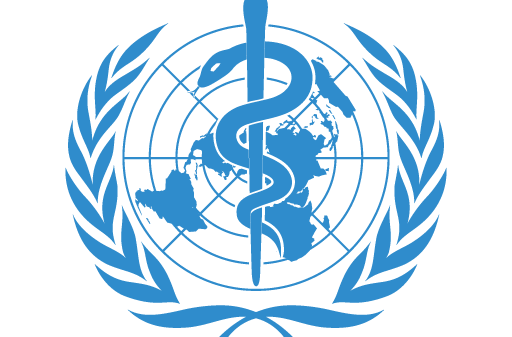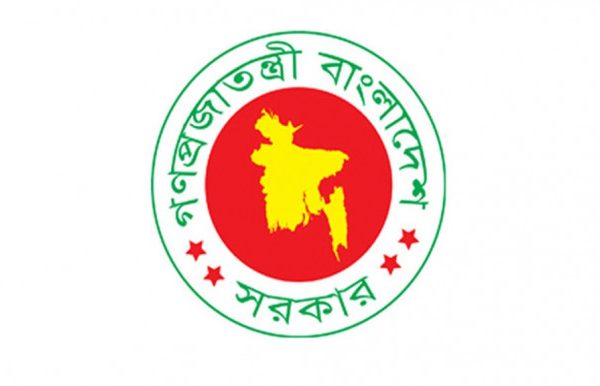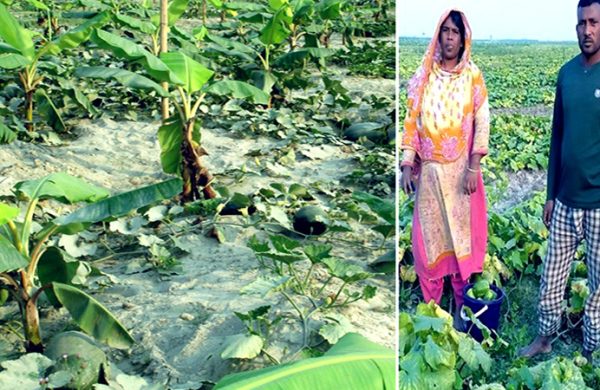WHO advises to avert Trans Fats in Covid-19 pandemic
- Update Time : Thursday, October 8, 2020

Futurebd Desk:
World Health Organization (WHO) issued a nutritional advice to avert transfat-laden foods during COVID-19 outbreak. This unsaturated fat is usually found in processed foods, fast food, snacks, deep fried foods, frozen pizza, pie, cookies, margarine and spreads; said the organization.
The situation is greatly deteriorating due to unregulated levels of transfats and lack of regulatory policies to mark and mention amounts of transfat in the packaging of processed foods. As people rely more on junk foods and bakery products gradually, the health hazards of transfat heightens. In spite of the dire risk posed by transfats, the country is yet to come up with policies to safeguard its public health from transfats.
Public health experts said that industrially produced transfat is a silent killer. Its prime source is partially hydrogenated oils or PHO, which is familiar as Dalda or Banaspati ghee. Consumption of transfat-laden food increases LDL or ‘bad cholesterol’ of the blood serum and on the other hand reduces the level of HDL or ‘good cholesterol’ in the blood. Excessive intake of transfats deposits the bad cholesterol in arteries blocks the blood vessels. Consequently, it increases the risks of cardiovascular diseases which is a major cause of premature deaths. In Bangladesh, 2 lac 77 thousand people die each year from various heart diseases. According to a 2010 study, at least 8000 deaths were accountable to excessive intake of transfats.
In order to safeguard all the people of the world from the health risks of transfats, the WHO has called for a transfat free world by 2023. To attain that, the organization launched an action package REPLACE in 2018 where it has provided guidelines for countries on how to effectively eliminate transfats. India, Thailand, Brazil, Turkey and thirty other countries form the world have already implemented positive measure in eliminating transfat, but Bangladesh still lags far behind. In an interview, the Country Lead of Cardiovascular Health of Global Health Advocacy Incubator (GHAI), Mr. Muhammad Ruhul Quddus said that transfat-laden foods should be avoided in order to safeguard from cardiovascular diseases as well as all other non-communicable diseases. Excessive intake of transfats can increase the risk of death up to 34%. WHO has advised that a person should not consume transfat more than 1% of the daily calorie intake per day, which means that in daily diet of 2000 calories it should be less than 2.2 grams. Awareness is the best way to abstain for transfat-laden food. Awareness can keep you safe form such risks. The Bangladesh Food Safety Authority (BFSA) has taken a policy directive on limiting the maximum level of transfat to 2 percent in last January. A technical committee of 10 members had started working on the issue but the outbreak of Coronavirus has slowed the process of policy finalization.
Member of the Transfat Regulation Committee and Associate Scientist of BRAC University, Professor Abu Ahmed Shamim said in an interview that the policy promulgation on transfat has come a long way, but the COVID-19 outbreak has postponed further meetings on the issue. No meetings were held during this pandemic situation and it will not be possible until the situation settles down. But hopefully, a policy decision on transfat regulation will be finalized as soon as regular office activities resume. Stakeholders have said that regulation of transfats in food products must be implemented the soonest possible in order to safeguard the public health from future similar pandemics as well as reduce the risks of cardiovascular diseases. They have urged authorities to take prompt decision in finalizing the policies. (Source: Online)

















